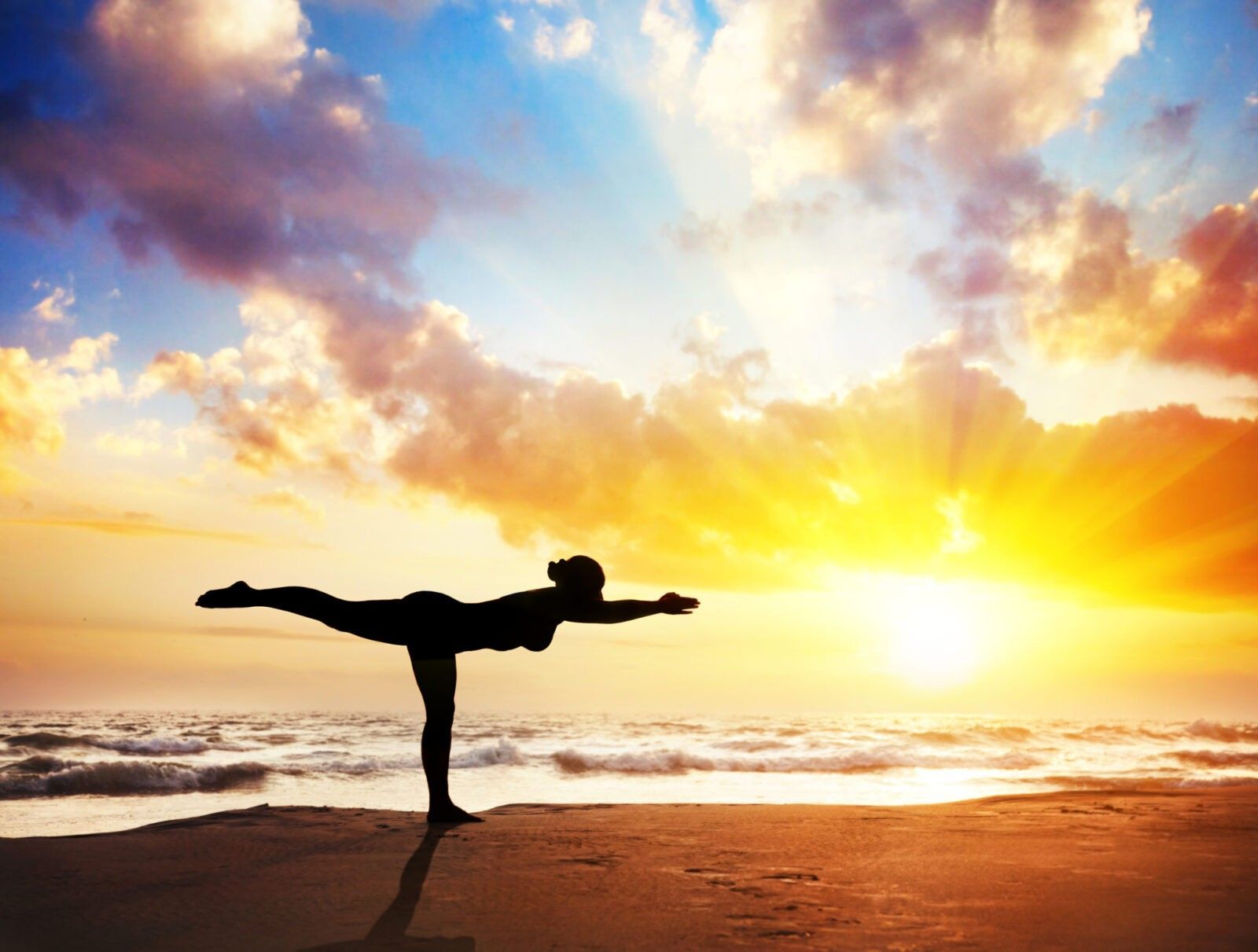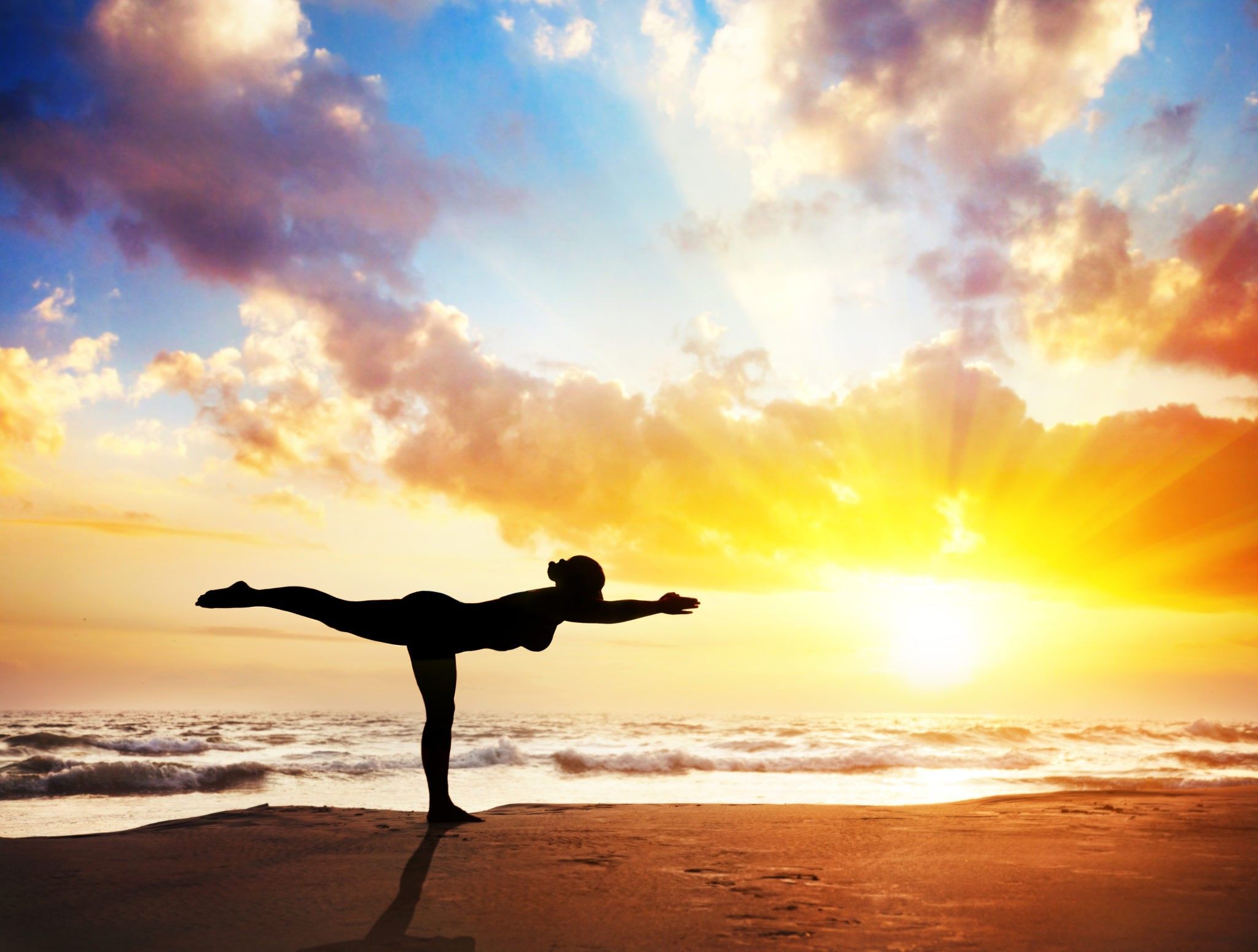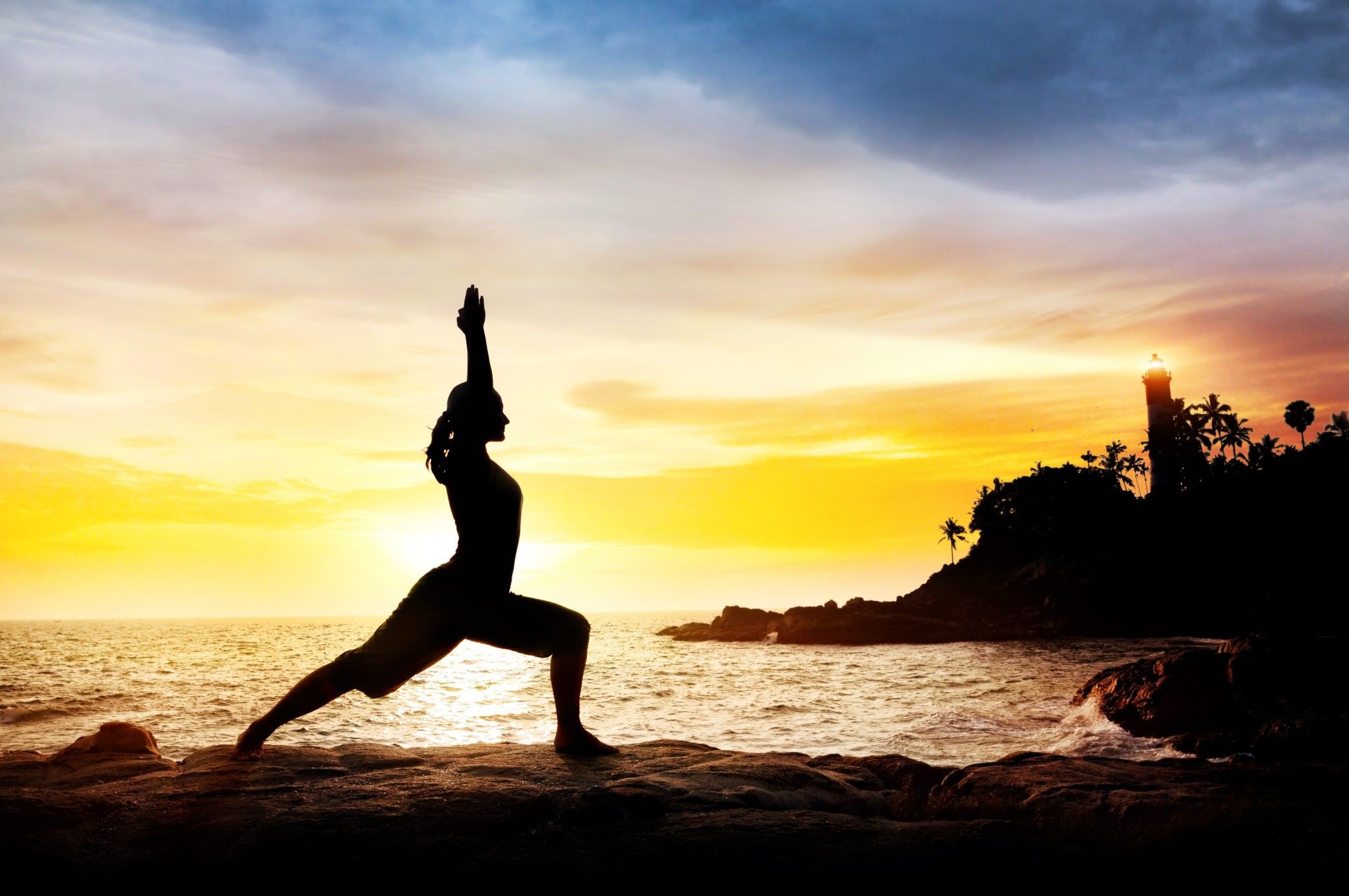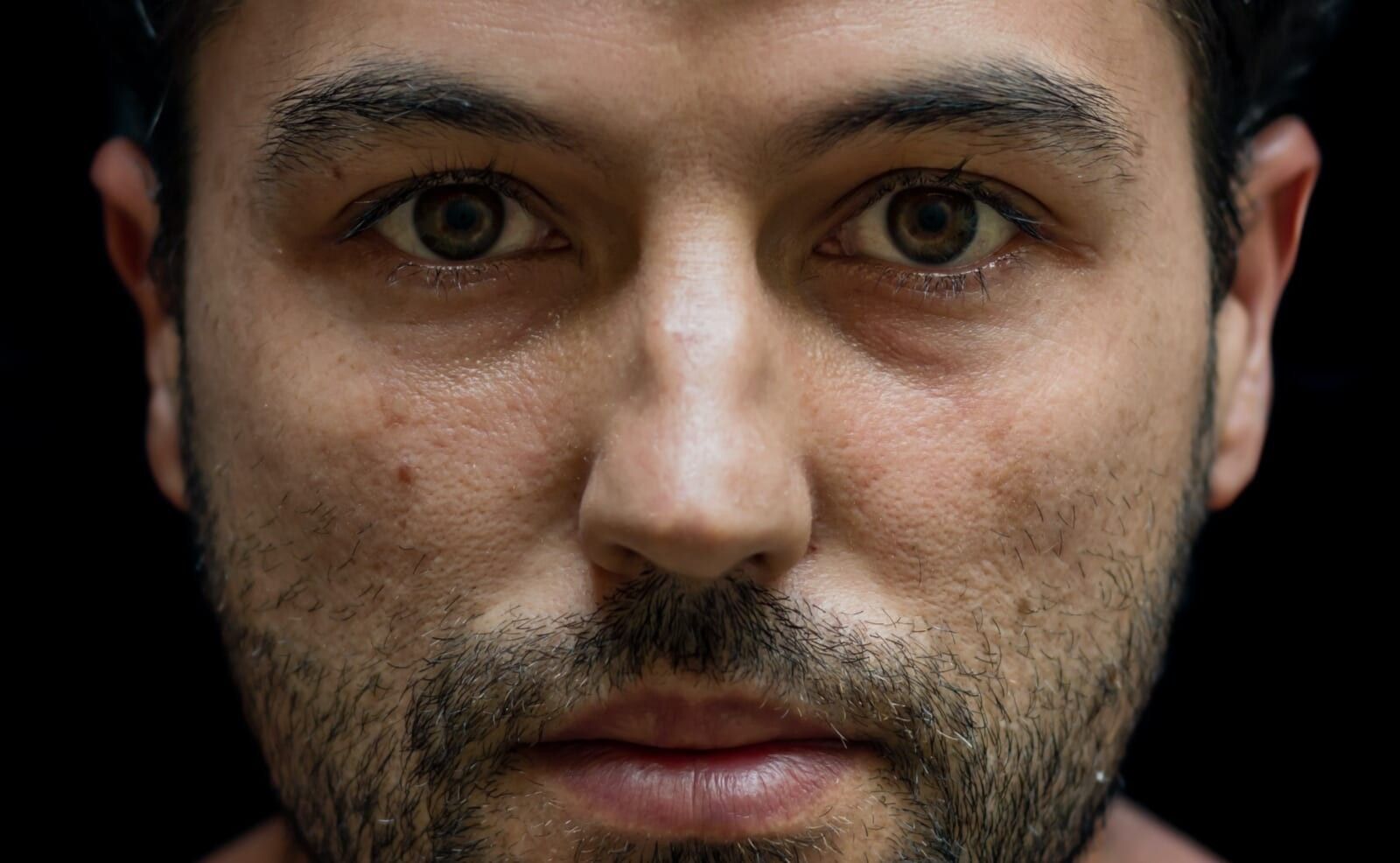
Change Your Life with the Motivational Power of Yoga
How do you feel when you’re completely unmotivated? It’s hard to get out of bed with the thought that you have to deal with another day that looks just like any other. On a morning like that, the last thing you want to do is get up one hour early and do some yoga. You feel so unmotivated for exercise, right? Well, guess what: that’s exactly what you should be doing.
Research has showed that a regular yoga practice has the power to decrease the symptoms of depression and anxiety. We don’t have to go that far. We don’t have to wait for anxiety and depression before we take action. Whenever we feel a lack of motivation, yoga can give us the boost we need. Let’s see how that happens.
Change Your Life with the Motivational Power of Yoga
Your task is not to seek for love, but merely to seek and find all the barriers within yourself that you have built.
– Rumi
Physical exercise motivates us to try harder
At the beginning, yoga looks easy. The flow is slow and soft on your body. However, the practice challenges you to go a bit further every time. Today, it’s hard for you to stay balanced in the simplest variation of the Lord of the Dance pose. But if you stay committed to your practice, you’ll go deeper and deeper by the day. A few months from now, you’ll be standing strong and steady in a beautiful pose.
Today, it may be hard for you to straighten up your body in a shoulderstand. But if you get your body used to inversions, you’ll be making progress towards a headstand in no time. The steady progress you’ll notice in your physical practice motivates you to keep going.
Your body structure will change. Yoga will make you leaner and stronger. That effect is enough to motivate you to practice every day, but that’s not where the motivational benefits of the physical practice end. A regular practice will make you more disciplined, and that personal trait will reflect on everything else you do.
You’ll realize that every result takes effort and consistency. If you want to make progress in your job, you’ll have to take small steps every day towards your goal. If you want to improve the communication with your partner and family members, you’ll have to work at it too. Nothing comes for granted — and that’s the biggest lesson yoga will teach you. You’ll respect the journey towards results, and you’ll do whatever it takes to get you there.
Yoga trains your mind, too!
We could say that any form of physical exercise can give you the effects we mentioned above. You make progress with running, cardio fitness, and pilates, too. However, yoga includes an element that these other practices don’t have: meditation. Even the physical practice of yoga is meditation in movement. You’re not getting to that headstand because you’re training your body to get there; you’re moving towards it because your mind is taking you there.
After the asanas (body postures), the practice of yoga involves relaxation or meditation. These are purely mental practices –- your body is resting, and your mind is doing the work. You can practice different types of meditation, but the most commonly recommended one for beginners is the technique of letting go. You clear your mind from all thoughts and you bring yourself to a completely relaxed state of being. The breath consumes your whole attention. If you’re practicing this meditation technique in the morning, you can wrap it up with a positive autosuggestion: “I am relaxed. I am strong. This is going to be a good day for me.”
When you’re that relaxed, the positive self-talk will get to your subconscious levels. It will motivate you enough to push you through the day. You’ll notice you’re committed to your daily tasks and you’re not complaining about them. That’s when the practice of yoga transfers to your entire day.
Yoga helps you deal with your emotions
It’s time to talk about mindfulness. That’s the practice, habit, and philosophy of paying attention to the present moment. When you’re practicing a headstand, that goal doesn’t allow you to think about anything else. When you’re trying to stay balanced in the Lord of the Dance pose, you’ll fall down the moment your mind wanders. The physical practice therefore teaches you to focus on the present, while the meditation or relaxation technique strengthens that effect.
Mindfulness is a powerful weapon against anxiety and depression. It helps us identify our emotions, recognize where they are coming from, and let them go. We realize that we don’t have the luxury of ruining today because of something that happened yesterday. We’re motivated to appreciate the given moment and get the best out of it.
Yoga boosts your personal growth
When you practice yoga, you’re mindful not only of the emotions caused by other people’s actions, but the effects of your own actions, too. This discipline teaches you that everything you do affects your environment and yourself. It’s not only about the physical practice.
The asanas are just one small part of the whole. Together with the discipline of breath, mind and emotions, the physical practice pushes you to dig deeper. You’re revealing the hidden layers of your personality and you’re becoming the person you always wanted to be — that happy, vibrant, energetic person that lights up every room.
There’s a pretty high chance that you were reading this article in your most comfortable position. You might be sitting on the couch or finding a distraction at work. Well, it’s time to stop reading about what yoga can do for you and see for yourself. When you make your body and mind feel good, your entire life will improve.
Have you noticed how people who practice yoga want to convince everyone else to try it? They want to change the world and spread the seed of goodness they found. That’s how powerful yoga is. It’s time for you to become part of the movement.





